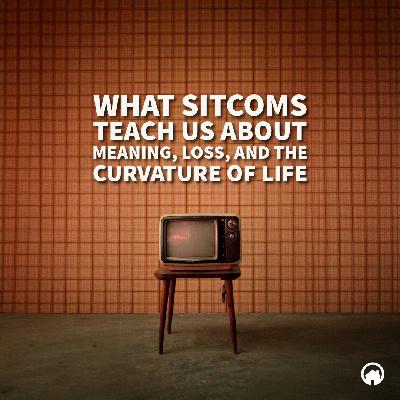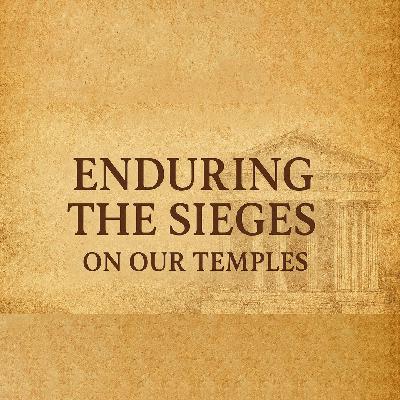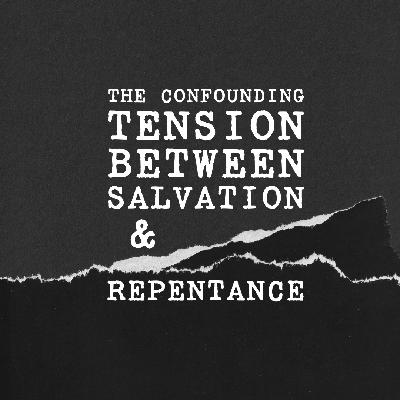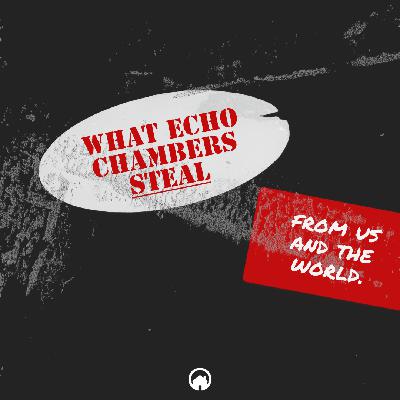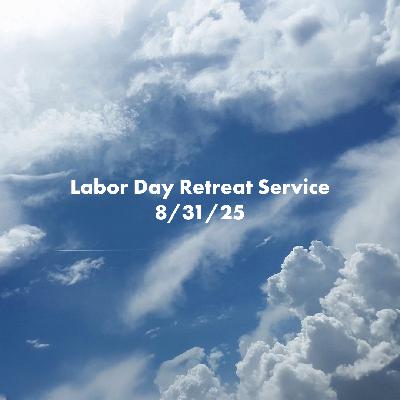You Cannot Serve God and [fill in the blank].
Description
In the Gospel of Luke, Jesus teaches that we cannot serve both God and "mammon." While "mammon" is often translated as "money," it more broadly refers to anything we rely on in place of God; we cannot serve both God and anything else at the same time. Importantly, this is not a call to live an austere life devoid of possessions, but rather a call to prioritize God and steward our possessions wisely. Each of us must identify what our personal "mammon" might be—whether it's money, power, comfort, or something else—and ensure we are using it to serve God, not the other way around. By doing so, we may give up some measure of worldly wealth, but we gain something far greater: spiritual wealth that surpass anything the world can offer.
Scripture:
Luke 16:10-13 NIV
10 “Whoever can be trusted with very little can also be trusted with much, and whoever is dishonest with very little will also be dishonest with much. 11 So if you have not been trustworthy in handling worldly wealth, who will trust you with true riches? 12 And if you have not been trustworthy with someone else’s property, who will give you property of your own?
13 “No one can serve two masters. Either you will hate the one and love the other, or you will be devoted to the one and despise the other. You cannot serve both God and money.”
Luke 16:10-13 AMP
10 “He who is faithful in a very little thing is also faithful in much; and he who is dishonest in a very little thing is also dishonest in much. 11 Therefore if you have not been faithful in the use of earthly wealth, who will entrust the true riches to you? 12 And if you have not been faithful in the use of that [earthly wealth] which belongs to another [whether God or man, and of which you are a trustee], who will give you that which is your own? 13 No servant can serve two masters; for either he will hate the one and love the other, or he will stand devotedly by the one and despise the other. You cannot serve both God and mammon [that is, your earthly possessions or anything else you trust in and rely on instead of God].”

![You Cannot Serve God and [fill in the blank]. You Cannot Serve God and [fill in the blank].](https://pbcdn1.podbean.com/imglogo/ep-logo/pbblog5305528/2025-09-21.png)


